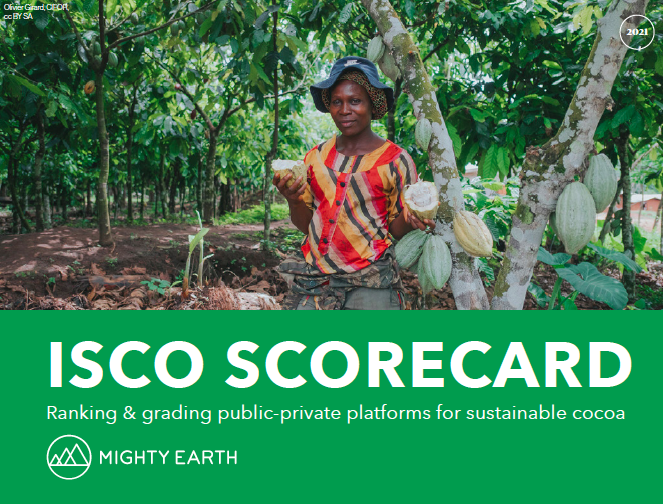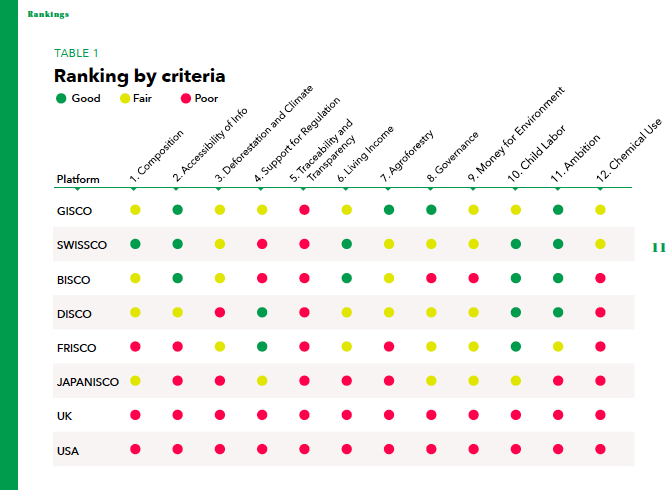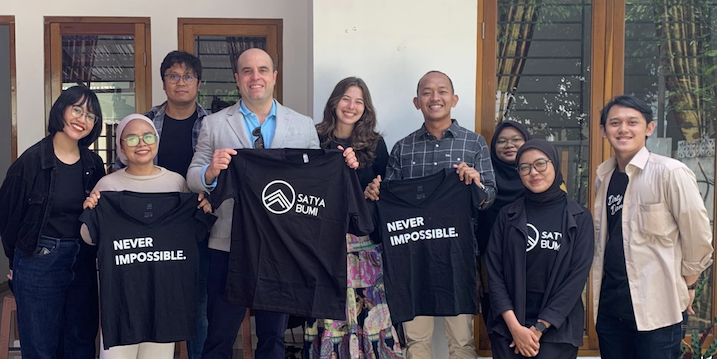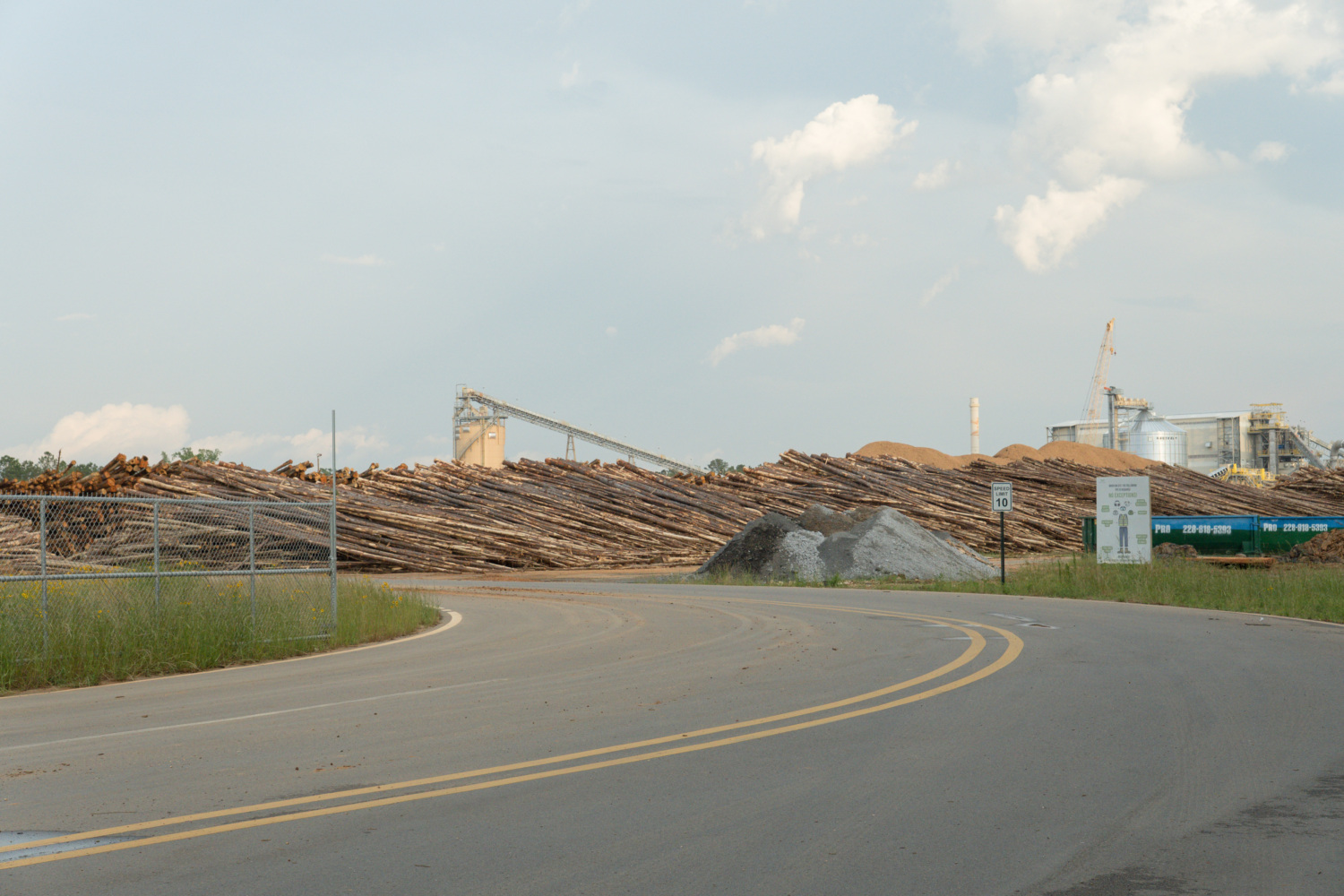
ISCO Scorecard Examines Public/Private Platforms for Sustainable Cocoa

ISCO Scorecard Examines Public/Private Platforms for Sustainable Cocoa
In the last four years, the chocolate industry has taken on an increasing number of reforms to begin to address deforestation, child labor, and other abuses in the cocoa sector.
Along with other developments for reform, public-private “platforms” for sustainable cocoa commonly referred to as “ISCOs,” have proliferated. ISCOs bring together industry, governmental entities, and civil society organizations in chocolate-consuming countries to promote sustainability in cocoa.
Facilitating these stakeholders to work together, the ISCOs create goals, set targets and monitor progress. ISCOs have tremendous potential to enable industry to transition to sustainable cocoa and we applaud the organizations, companies, and institutions that have joined a cocoa sustainability platform to improve social and environmental performance of the cocoa industry.
However, we fear that despite great intentions, the ISCOs will have difficulty turning commitment into action and that without added pressure from civil society and the public, the ISCOs could become a tool for industry greenwashing. Additionally, if each of the ISCOs develop divergent definitions, ambitions, key performance indicators (KPIs), and cut-off dates, it could lead to chaos in the world of sustainable cocoa, rather than synergistic global pressure for improvement.
Thus, we have created an ISCO scorecard to exert pressure for synergy over divergence, for order over chaos, for high-ambition goals over mediocrity, and to highlight successes. We hope this scorecard can help set the course for ISCOs to meet their potential.
The table below provides an overview of the evaluated platforms:
Table 1: Cocoa Sustainability Platforms Evaluated
| Country | Platform | Date of Launch |
| Germany | The German Initiative on Sustainable Cocoa (GISCO) | June 2012 |
| Switzerland | The Swiss Platform for Sustainable Cocoa (SWISSCO) | January 2018 |
|
Belgium |
Beyond Chocolate (the Partnership for a sustainable Belgian chocolate industry referred herein as ‘BISCO’) | December 2018 |
| Japan | The Platform for Sustainable Cocoa for Developing Countries (herein unofficially dubbed ‘JAPANISCO’) | January 2020 |
| Netherlands | The Dutch Initiative on Sustainable Cocoa (DISCO)
|
August 2020 |
| France | The Syndicat du Chocolat (‘FRISCO’) of France | |
| USA | The United States has failed to begin to develop a platform for industry, government, and civil society to come together and hammer out a way forward for sustainable cocoa imports. | N/A |
| UK | Likewise, the United Kingdom has failed for its inaction.
|
N/A |
The 12 sustainability criteria include the platforms’ structure, commitments, goals, activities, and policy positions on issues such as traceability and transparency, deforestation, agroforestry, use of chemicals, and child labor. Some of these criteria, such as deforestation, are also familiar to anyone who has read any of Mighty Earth’s publications on cocoa. Most notably, many of these criteria are highlighted in our past Easter Scorecards, wherein we have ranked and graded cocoa traders, manufacturers, and supermarkets on their environmental and social performance, allocating “good,” “medium,” and “bad” markers for performance on individual criteria and scores for overall corporate performance. Just as cocoa traders and chocolate manufacturers must be held accountable and scored, so too must the platforms that are seeking to reform cocoa at a national level.
Most ISCOs performed well on overall ambition of their platforms, accessibility of information and efforts to address child labor categories. GISCO deserves special recognition for leading the pack. All platforms, however, failed on traceability and transparency of cocoa supply chains and performed poorly on deforestation and climate. This shows the urgent need to contribute to joint monitoring mechanisms, like our Accountability Map, or those promised in 2017 by the Cocoa and Forests Initiative (CFI). Platforms should also adopt CFI’s cut off date of 2018, at a minimum, in order to discourage trade of cocoa produced on land cleared after that date. WIth so much deforestation for cocoa production over the past thirty years, especially in West Africa, platforms need to go further to invest resources in conservation and restoration. Finally, another area calling for vast improvement is chemical management– growing cocoa should not be synonymous with poisoning farmers, especially children.
For newly established platforms such as DISCO, FRISCO and JAPANISCO, this scorecard can help shape discussions on how the platform will address key issues. For markets that may be considering developing a platform like in the US or UK, this scorecard serves as a place to start.
Action in Japan to create JAPANISCO comes at a fortuitous time, as its creation roughly coincided with the laudable new Japanese government commitment to achieve carbon neutrality by 2050. With Japan poised as a global leader that is setting a model for other countries to make similar commitments, it will be crucial for all Japanese industries to take action to meet the official national goals, including in the chocolate industry. Thanks to the nascent JAPANISCO, in coming years, the Japanese chocolate industry now has a ready-made forum and system wherein they can collectively strive for zero imported deforestation and promotion of agroforestry, both of which can reduce atmospheric concentrations of CO2. Given Japanese industry’s demonstrated ability to innovate quickly, we hope and believe that JAPANISCO will have success in the cocoa industry and can evolve into a vital model for all cross-commodity zero-deforestation platform for the Japanese food and agriculture industry, encompassing other key feedstocks such as palm oil and helping Japan in the race to net zero.
We embarked on this ranking project to encourage a race to the top and incentivize platforms to learn from each other and help each other do better. It is in this spirit that we encourage all platforms to urgently address all of the critiques in this paper and thus help push the cocoa industry further along the path to true sustainability.
See the full report here.


